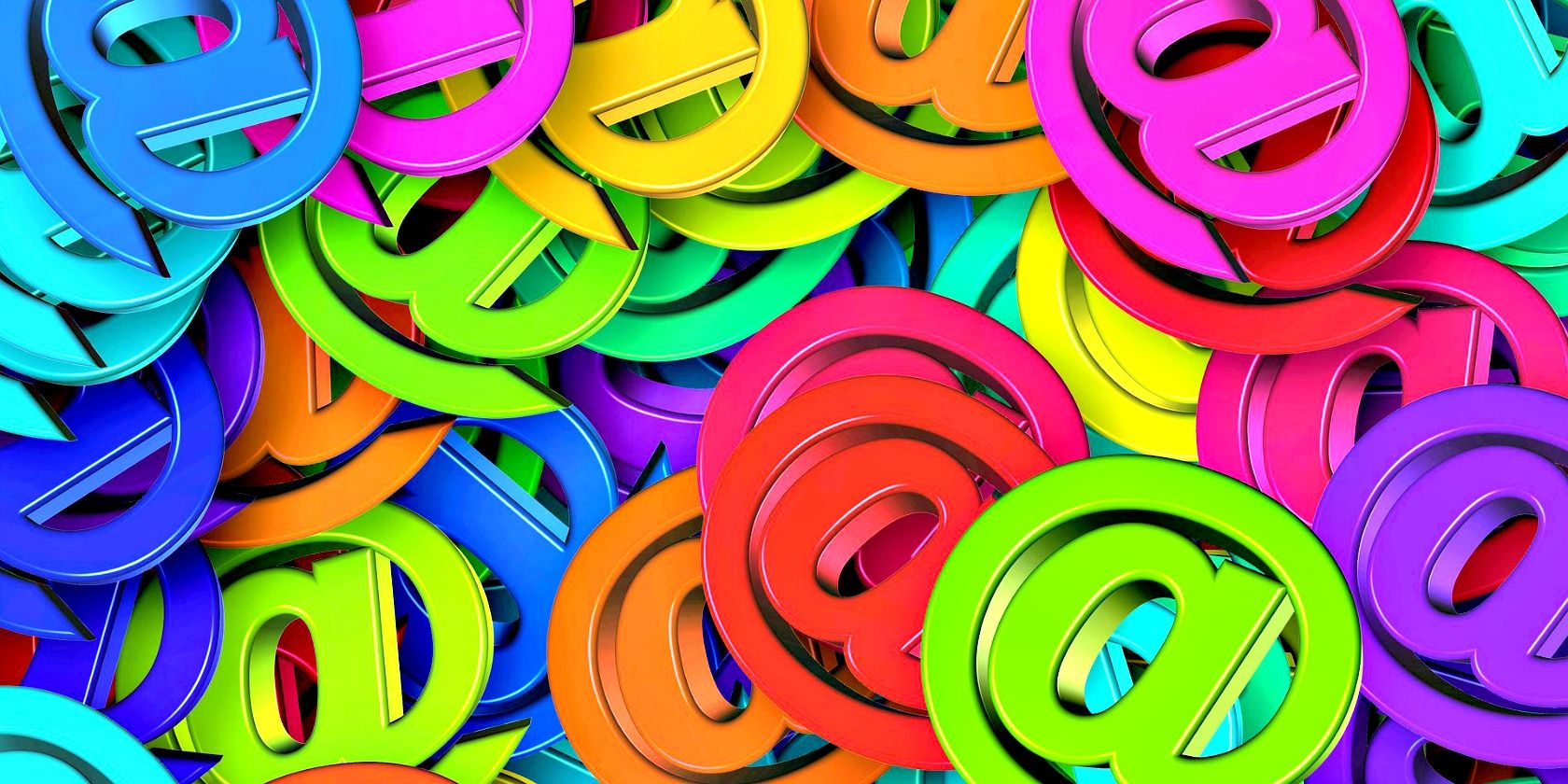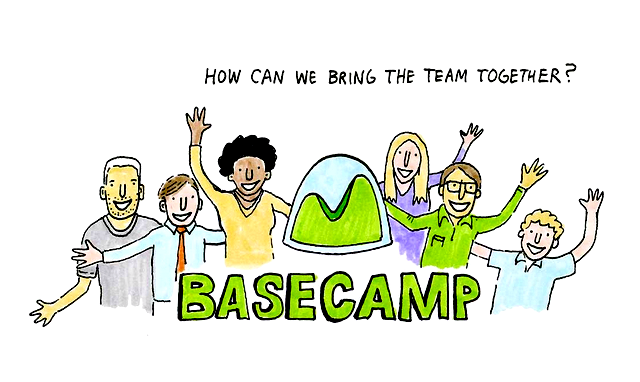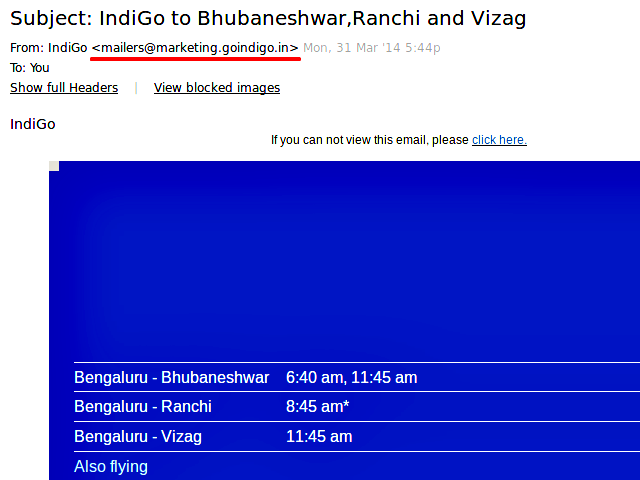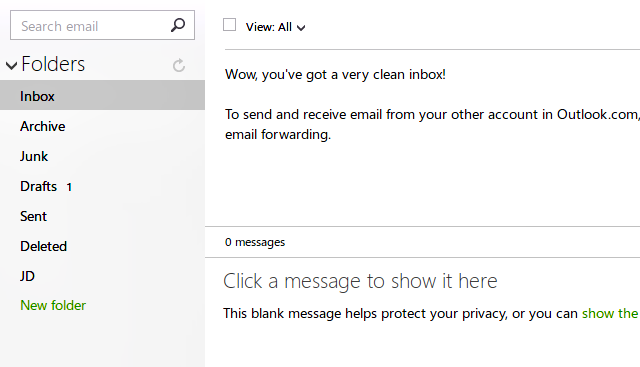Email has quite a reputation as a productivity killer. Managing email well can help you keep your inbox clean, but wouldn’t it be great if you got less of it to begin with?
Methods that help you organize your emails are often designed to work on emails that have already arrived in your inbox. To minimize the amount of time you spend sifting through email, you need to stop it at its source i.e. before it hits your account. The following simple hacks can help ensure that there are fewer incoming messages for you to deal with.
Move Your Conversations Elsewhere
Conversations with friends and colleagues take up a substantial portion of your inbox as well as your time. Email topics and threads can spiral out of control at astonishing speed. It’s a good idea to move your conversations to a platform that makes chatting and collaborating with people intuitive and simpler to keep track of.
For work-related or team-based communication, set up a central platform using services like Asana, Basecamp, Huddle, etc. This drastically cuts down the number of emails appearing in your inbox and also makes for a more manageable setup. After we took the Slack route here at MakeUseOf, our inboxes are behaving much better.
For communication with friends, switch to a common social network wherever you can. The private messaging feature provided by networks like Facebook, Twitter, and App.net reduces the influx of email further. With such platforms, scanning and searching for specific messages is also easier than wrangling with your inbox.
If people in your network prefer email over other forms of communication, request them to give your new method a shot. It’s likely that they will see the advantages of switching over. If they don't, you can make an exception for some of those people and stick to email.
Try Audio/Video Calls
Sometimes, a discussion that spans a week’s worth of emailing can be wrapped up efficiently with a 15-30 minute chat over a Skype call or a regular phone call. With such direct communication, there’s no waiting for replies, no (or little) ambiguity in communication or the subsequent need for clarification. While audio or video chats may not always be possible or go as smoothly as expected, they can prove to be time savers on many occasions, especially for time-dependent communication.
Unsubscribe
You have heard this piece of advice many times before, but it bears repeating because your brain might be programmed to simply delete grey mail instead of unsubscribing from it. Newsletters and updates from services that you have signed up for are the biggest culprits responsible for flooding your inbox.
Do you really need to know of every product and every deal that is available across the Web? When you want to buy something, search the Web for discounts only then. This really helps cut down on online expenses as you're less tempted to buy stuff just because it comes with a discount. Updates from social networks are also a nuisance. You can forgo them without a second thought as you'll still get relevant notifications when you log into your account.
Be ruthless and unsubscribe from all such notifications. Use a specialized service to unsubscribe in bulk. Ask to be notified only if there’s some element of security involved, say a login from a new device or a financial transaction. Sign up for email updates of a select few blogs and websites. For the rest, use RSS subscriptions and a feed reader. This enables you to read your favorite content in your own time and gives your inbox much-needed breathing space.
Bonus Tip: Declutter Daily
Even if you organize your inbox and stem the flow of incoming mail, it can fill up quickly if you let emails accumulate without processing them from time to time. A good way to ensure that your inbox continues to stay clutter free is by tackling incoming messages on a daily basis, preferably at the end of the day. For every email that comes in, delete it if it’s unimportant, star it if it requires action, and archive it if it’s important enough to save for future use.
Take Back Your Time
As email forms a major part of work-related communication these days, it is difficult to see it as a distraction, and feels absolutely necessary at all times. Email is no doubt important, but not as much as you might be inclined to believe. It’s a sneaky time-killer -- something that you can remedy with the ideas given here.
Do you have any tips that will further reduce the flow of emails to a trickle?





